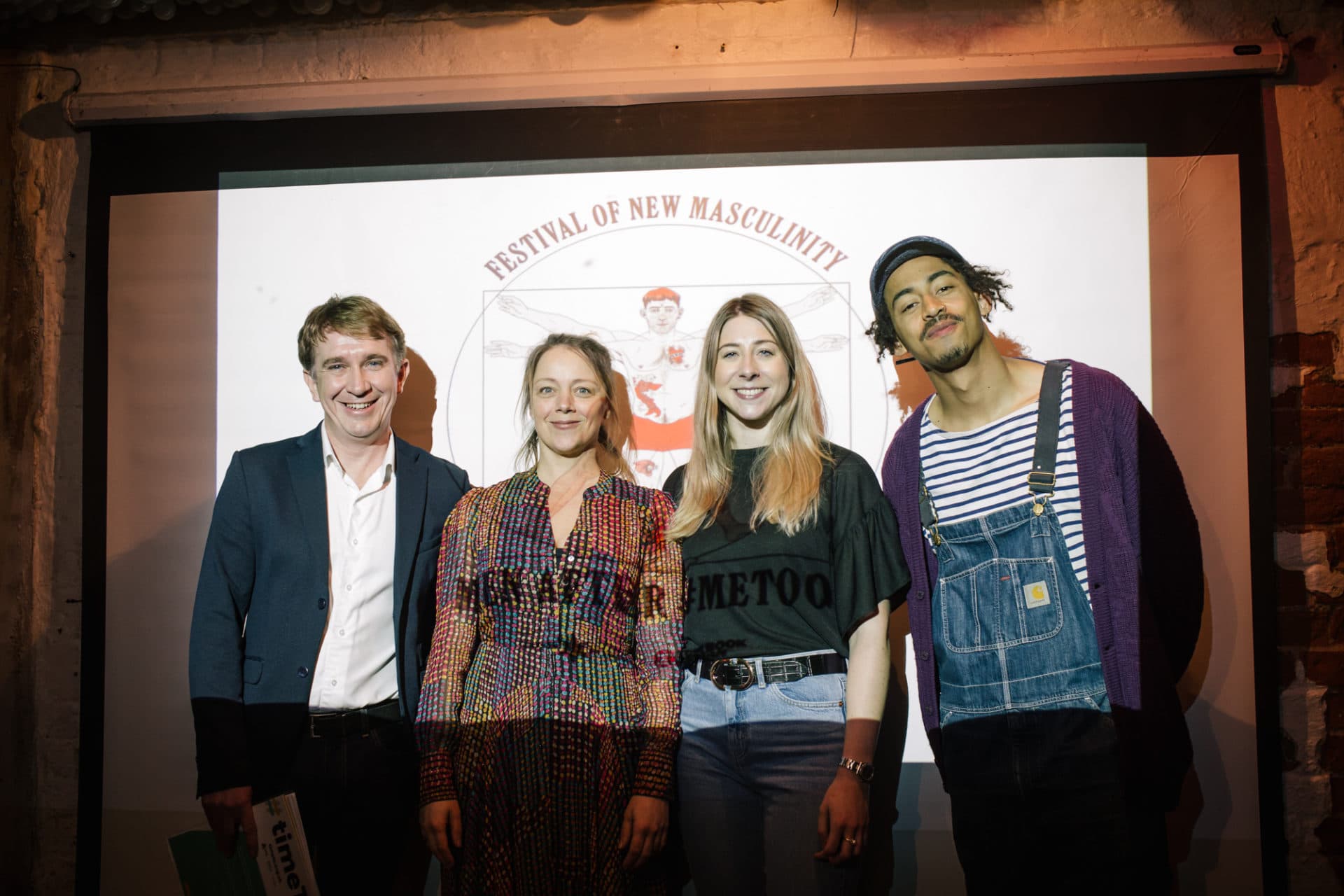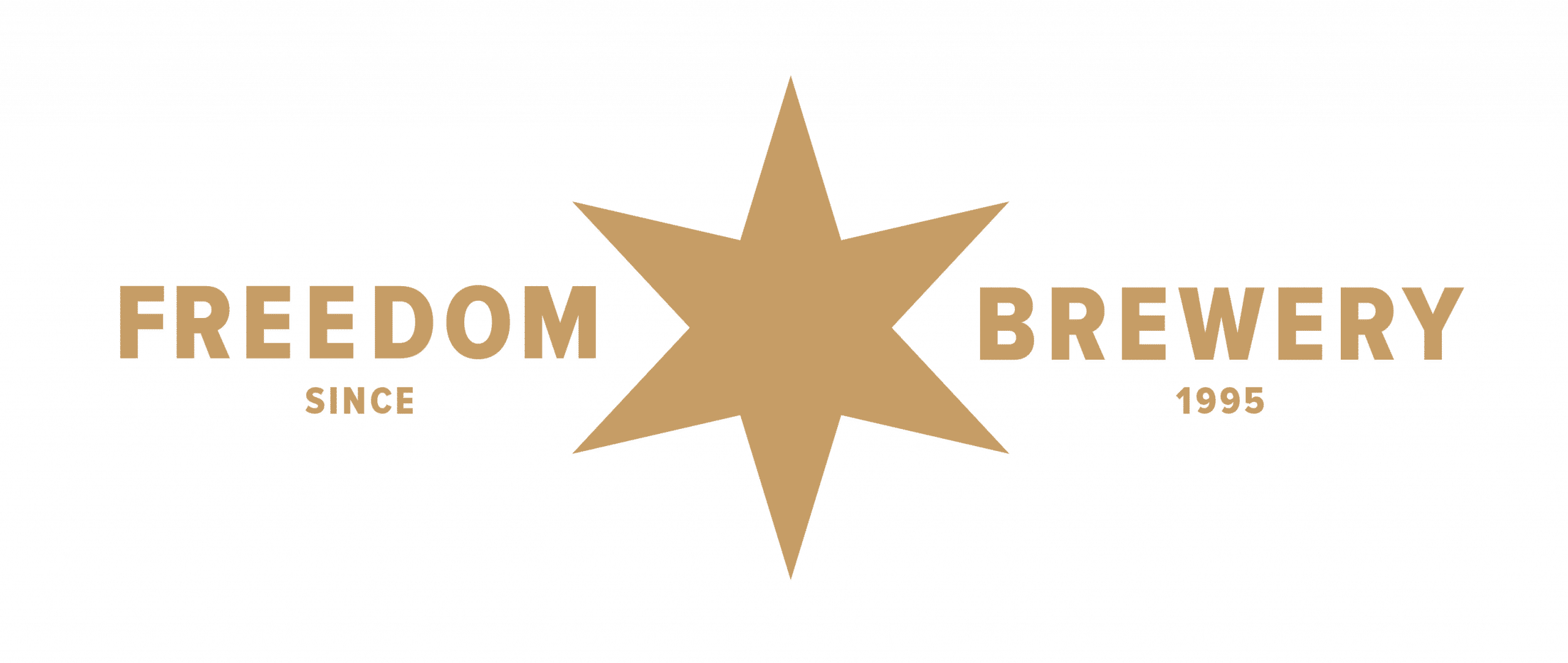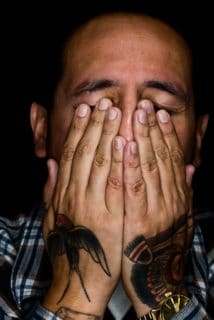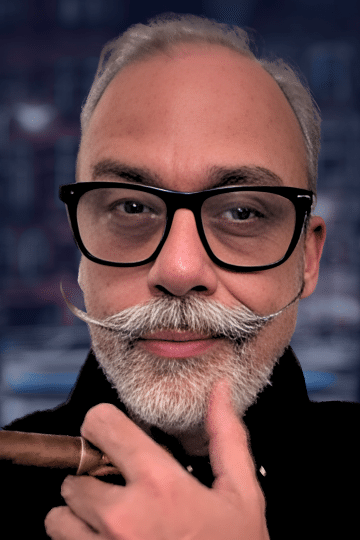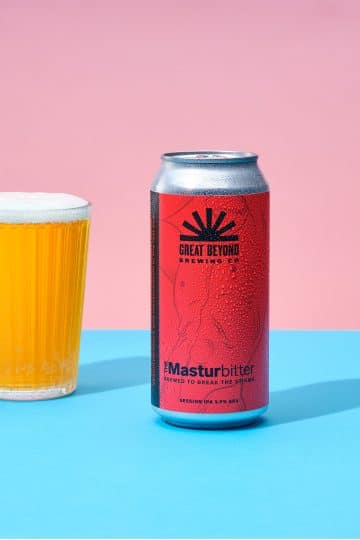Report from this week's event at The Festival of New Masculinity on the response and resetting that has - and hasn't - occurred since #MeToo began.
One of the most important events we have run at our Festival of New Masculinity came last night with a panel discussion on ‘What has changed since #MeToo?’. The intention behind the event was to bring men and women together to discuss the effects and implications of #MeToo and where we go from here. We feel the emphasis is on men to join with women in looking at male behaviour, and to think deeply about how we are socialised, and seek to build necessary change into schools and workplaces to make everyone safer and ensure real change is achieved.
The panel was hosted by the brilliantly insightful Jordan Stephens, and featured Lucy-Anne Holmes, the author and activist behind ‘No More Page 3’, as well as Matt Bourn from the Advertising Association and one of the people behind the ‘TimeTo’ campaign about preventing sexual harassment in the advertising and marketing industries, and Steph Slack, the writer and mental health activist whose TEDx talk on male suicide is one of the most important we’ve seen.
With a very engaged audience, many of whom had been touched by the issues raised, the night felt like the kind of cathartic and transformative conversation that we all need to have more of. As Lucy put it, “We are just at the beginning of a long journey of change…”
Here are some quotes and images from the night:
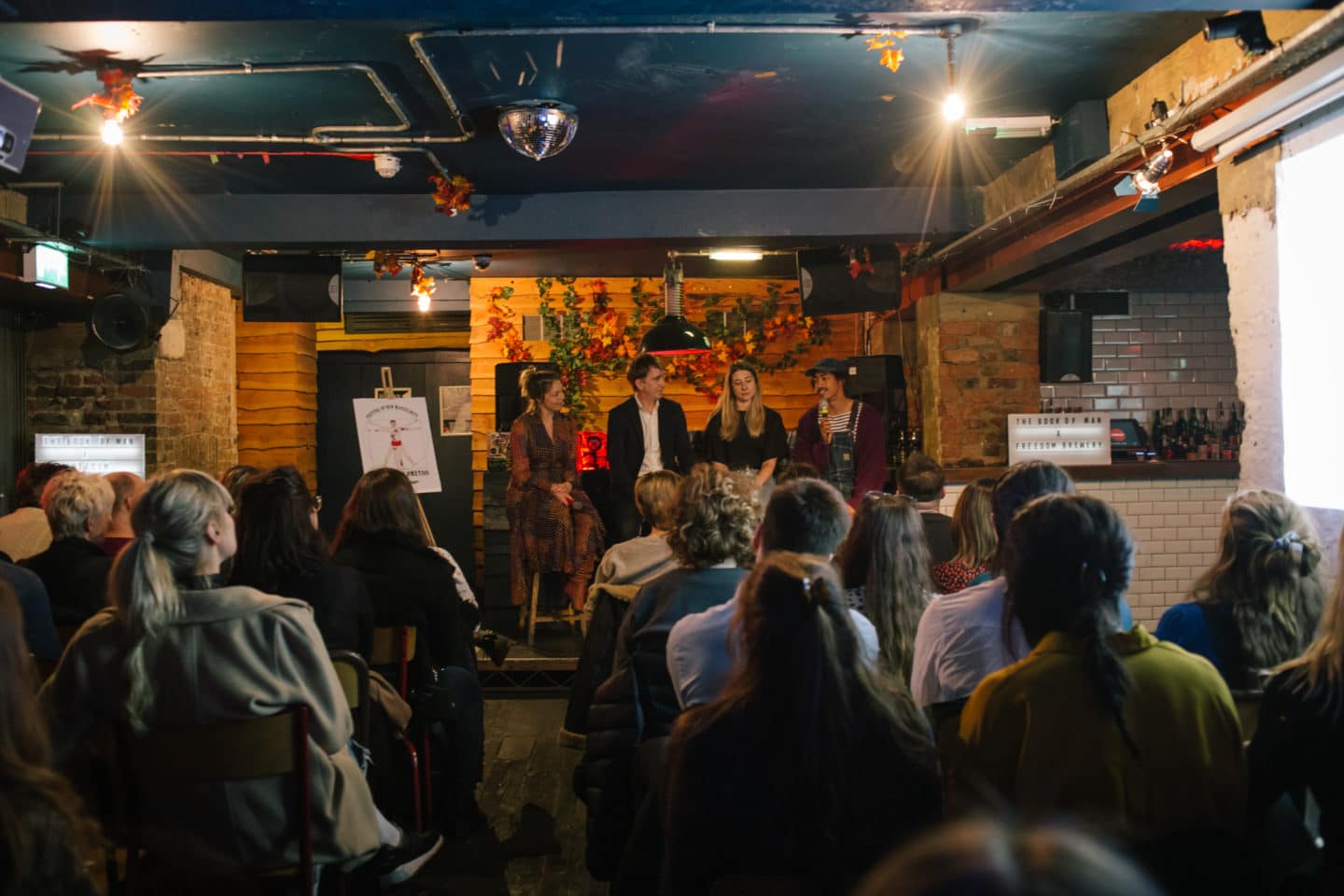
Lucy: “For women this is unmapped territory, and you’re saying where are the role models? Where am I seeing these women doing this powerfully? So we’re the trailblazers. But similarly with men you’re the trailblazers too to envision a new way – but we will be the ones making it easier for the people coming after us.”
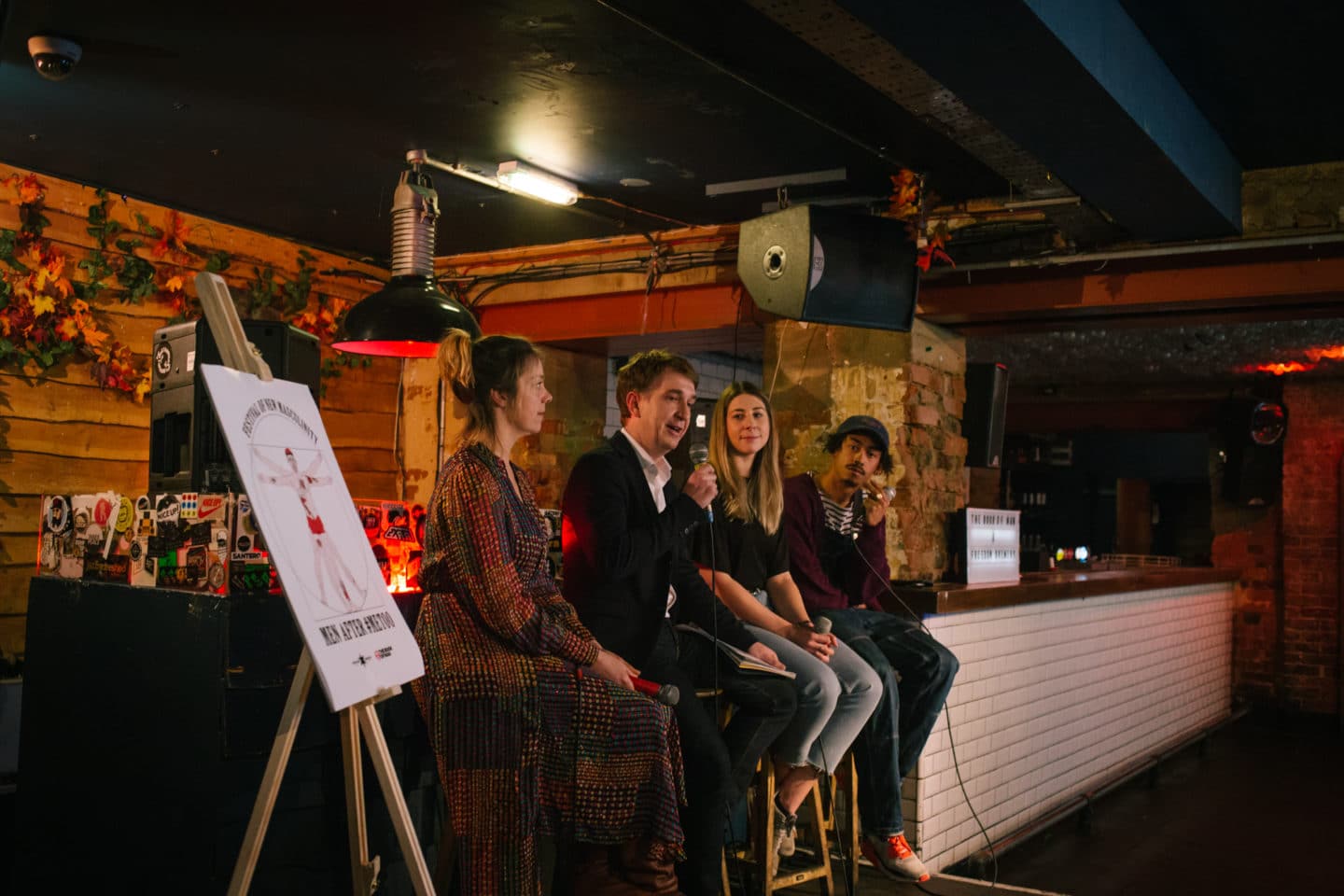
Jordan: “I believe that a lot of the roots of that stuff are from behavioural understandings taught to boys from a young age. Shame and guilt are like low vibrations that echo through both genders but I really think they mutate the male spirit at times. I watched a documentary called The Work which is set in a high security prison and they have four day therapy sessions with these inmates. These people are in for serous sentences, and the root of a lot of the aggression and upset and anger is often one moment of shame. Maybe between them and their dads, or one guy had lost his virginity and his best friend took the piss out of him, and now he’s in prison because of the he didn’t know what to do with that. “
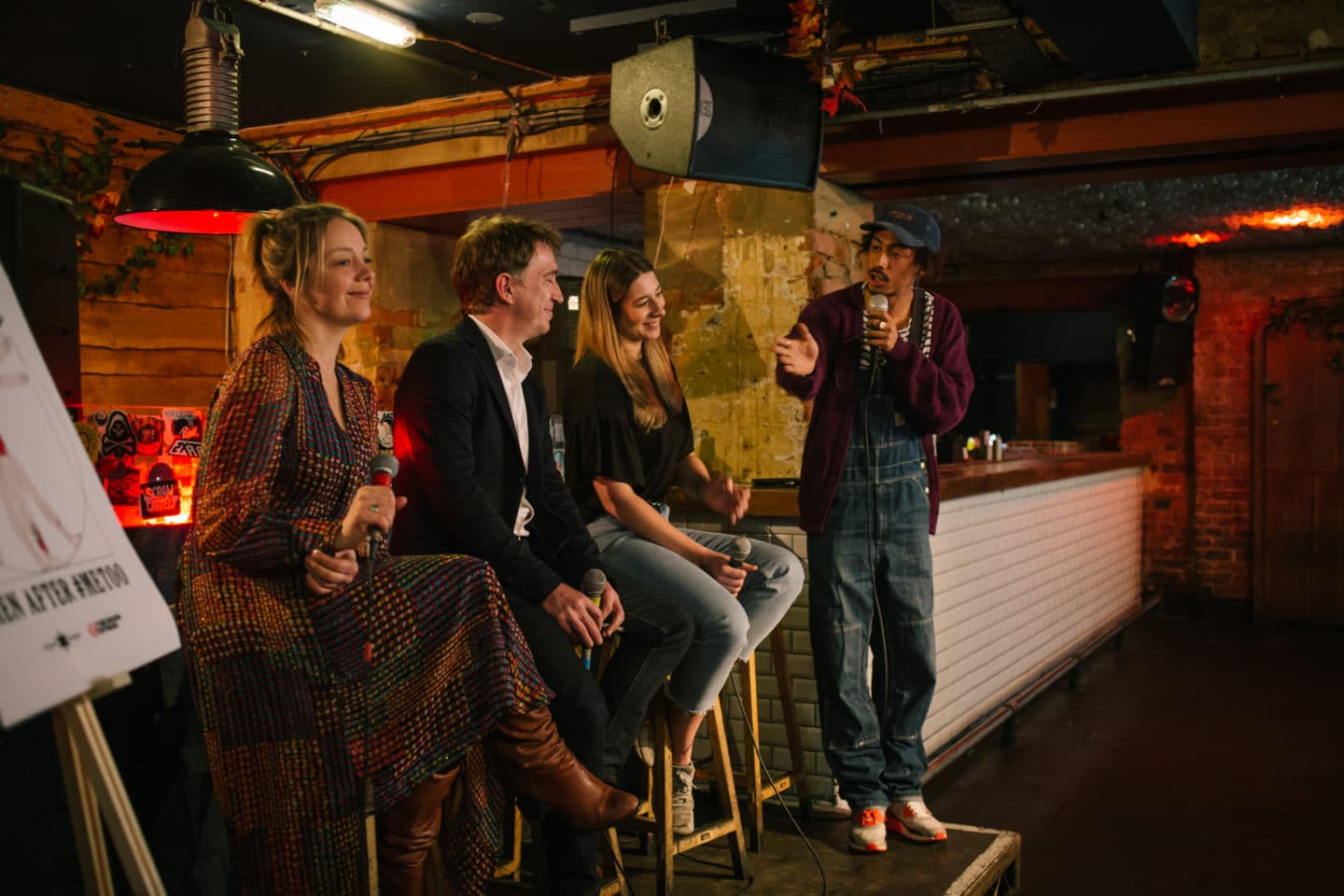
Steph: “I think this all starts with children, with how we educate and bring up children. We gender stereotype kids from such a young age without even consciously thinking about it. For boys, anger is seen as normal and it’s ok to be violent and play more violent games, but you’re shamed for being a little girl who’s really angry and even as women its hard to get angry. And I think it all starts with how we bring up our children. Boys are taught not to express their emotions, or the only emotion they can express is anger, and yet for most of us when we’re angry it’s because some sort of boundary has been violated and we’re actually feeling something else underneath that. Hurt, rejection, some sort of emotional pain and women are in general better are talking about those things and finding avenues to deal with them whereas boys have been shamed into not talking about those things and not opening up about what’s been happening with them and therefore its been coming out in other behaviours. I’m not saying those behaviours are defensible but if you look at the prison population as an example the majority of it is male. It’s a reflection of something going wrong much earlier in the journey towards adulthood.”
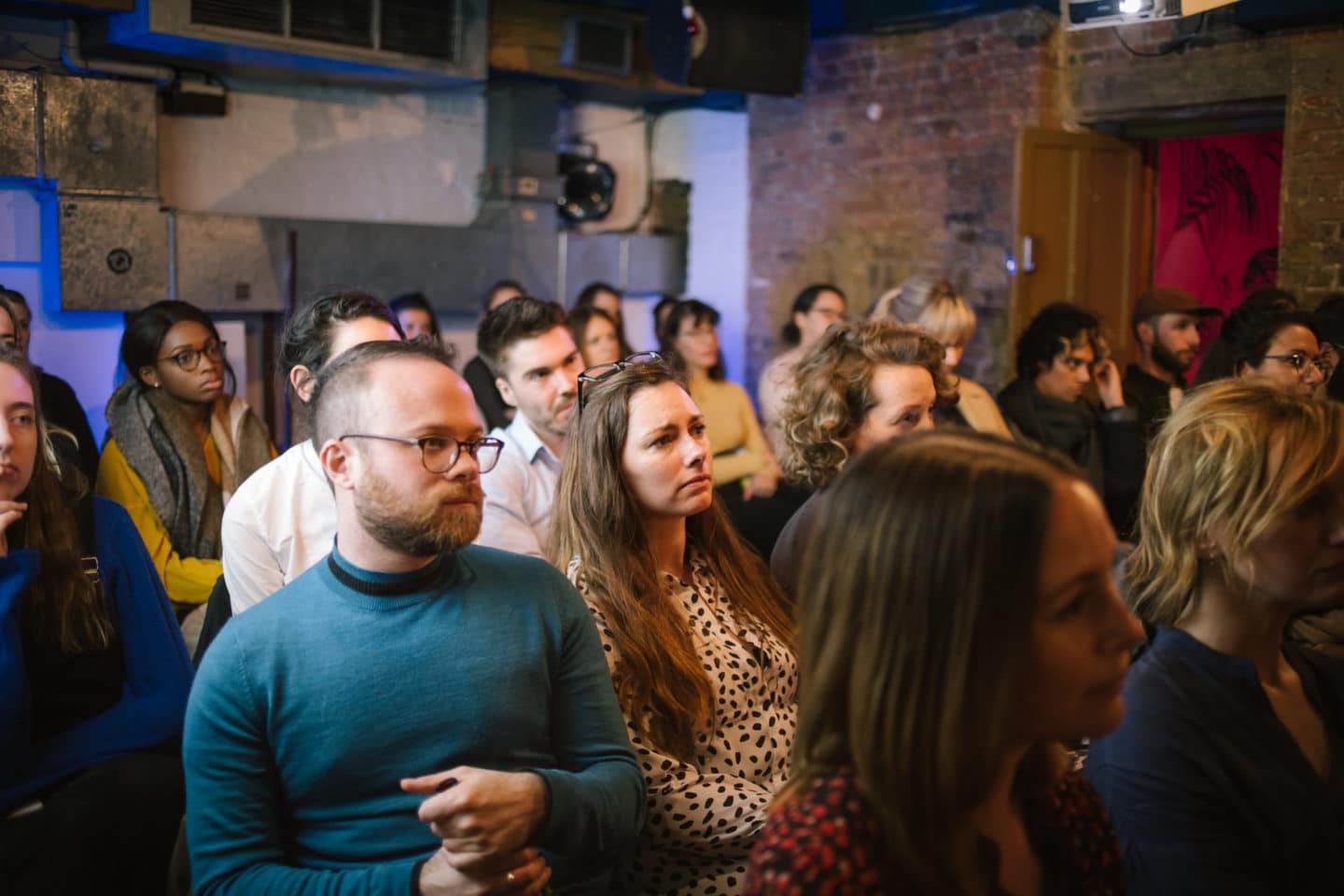
Matt: “I think there are still very strong stereotypes about the way men and women behave in the workplace, and I think there’s a lot of breaking down of what it is to be a successful person in the workplace. What you look like, how you behave, what you wear. As part of the long term reset after MeToo, we need to redefine what it is to be a successful person in the workplace.”
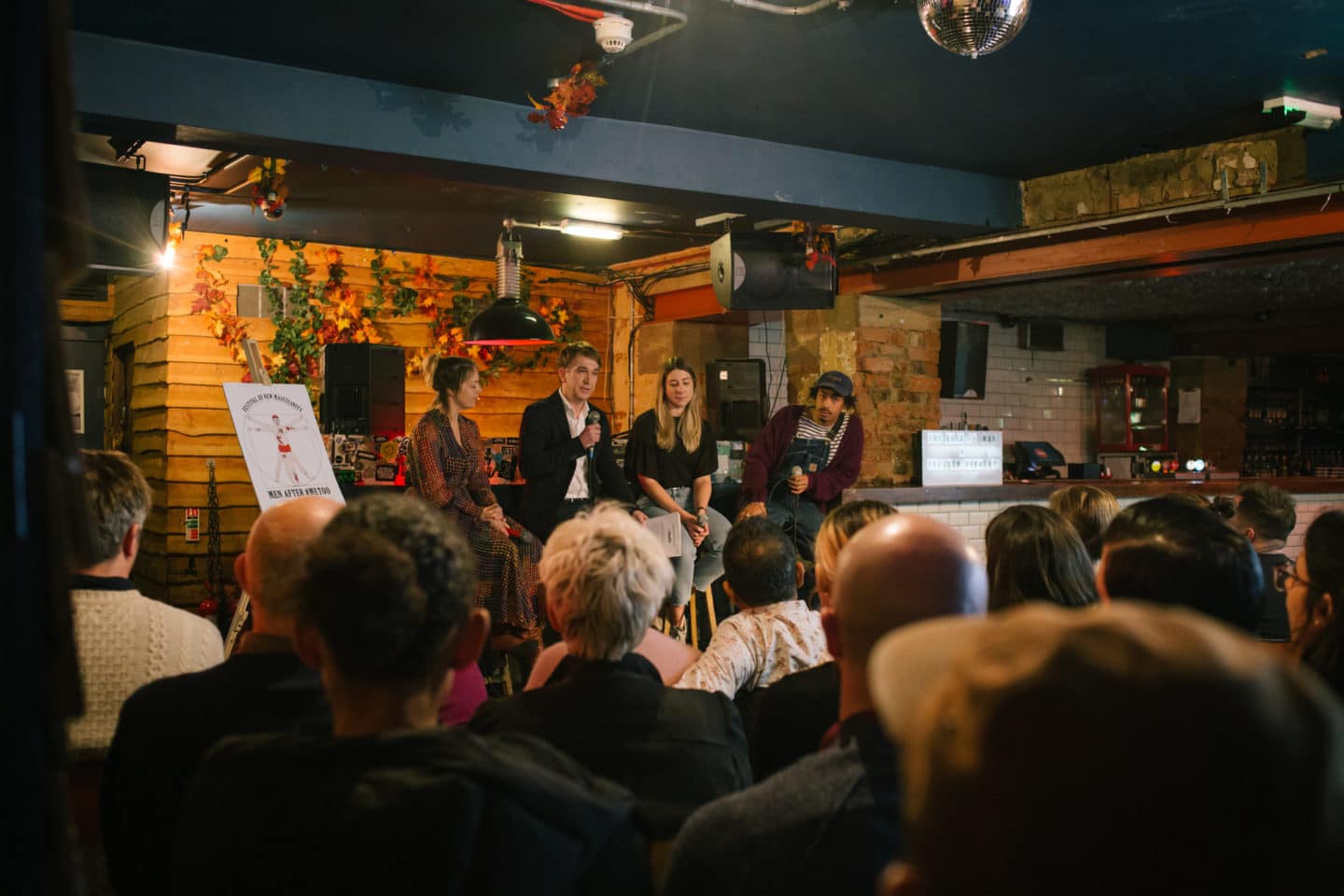
Jordan: “When I’m asked about hyper-masculinity or toxic masculinity – I’m trying not to use that phrase now – but the extreme side of it that can breed negative behavioural patterns, one of them is definitely where you view success, because if you step on people to gain standing in the material world…that’s lonely.”
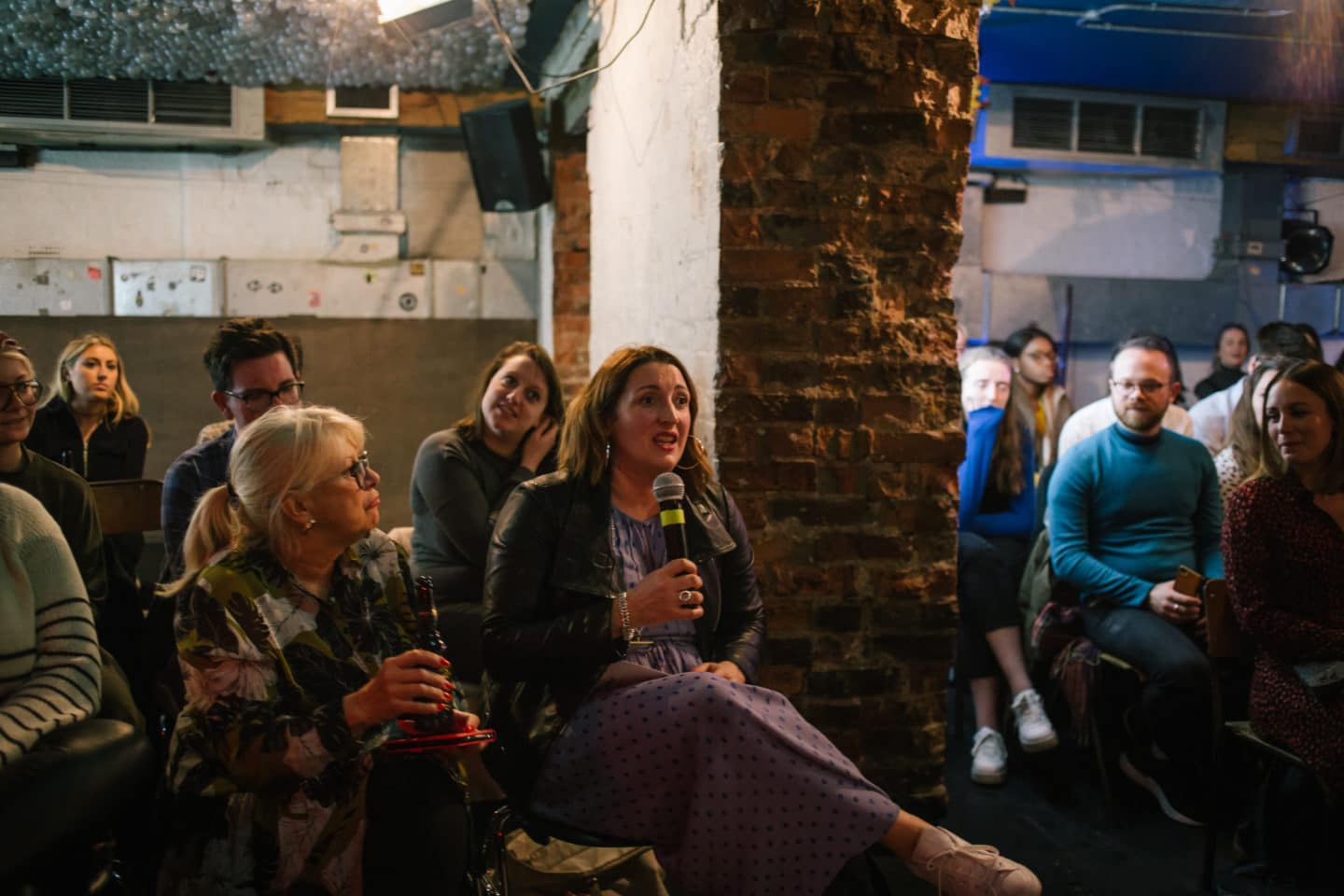
Matt: “People leave industries because of sexual harassment. If you want a business that is successful at a national level do you really think you’re going to have that with a workplace where people don’t feel safe? We’re saying to senior leaders: ‘You have a responsibility to make that workplace safe.'”
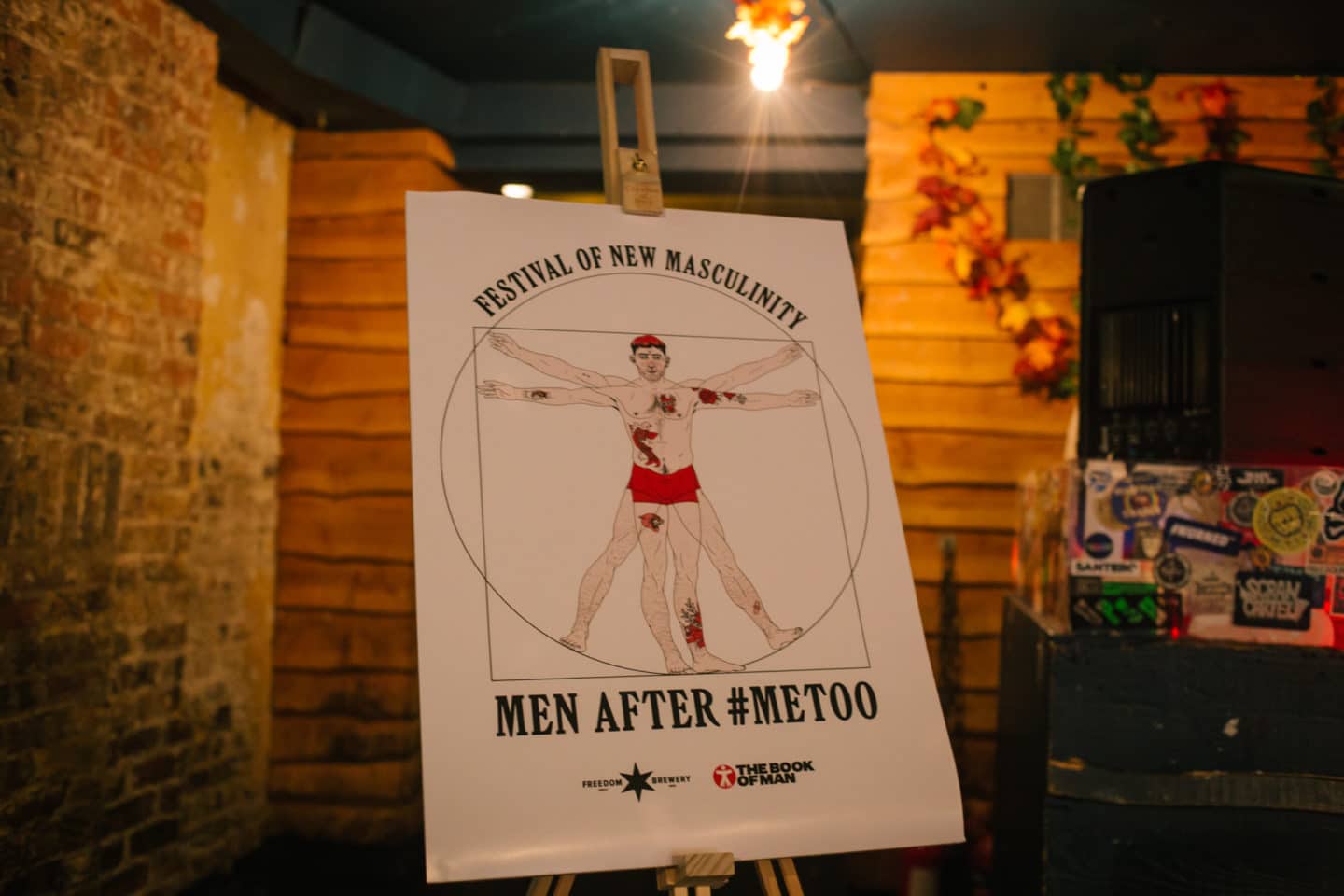
Jordan: “I read men are as emotional if not more emotional than women, on a scientific level, but the difference is the emotional expression, and being shown how to actualise that feeling. [With the MeToo response] it’s the fragility of men that has caused so much of this backlash, and in order to be fragile you have to be protecting something you feel is incredibly vulnerable. Which makes me think you wouldn’t get so aggressive about it if you weren’t terrified about what’s beneath that. That’s why I think we have to work on it like a muscle, and be more sensitive to your own feelings, so you won’t break.”
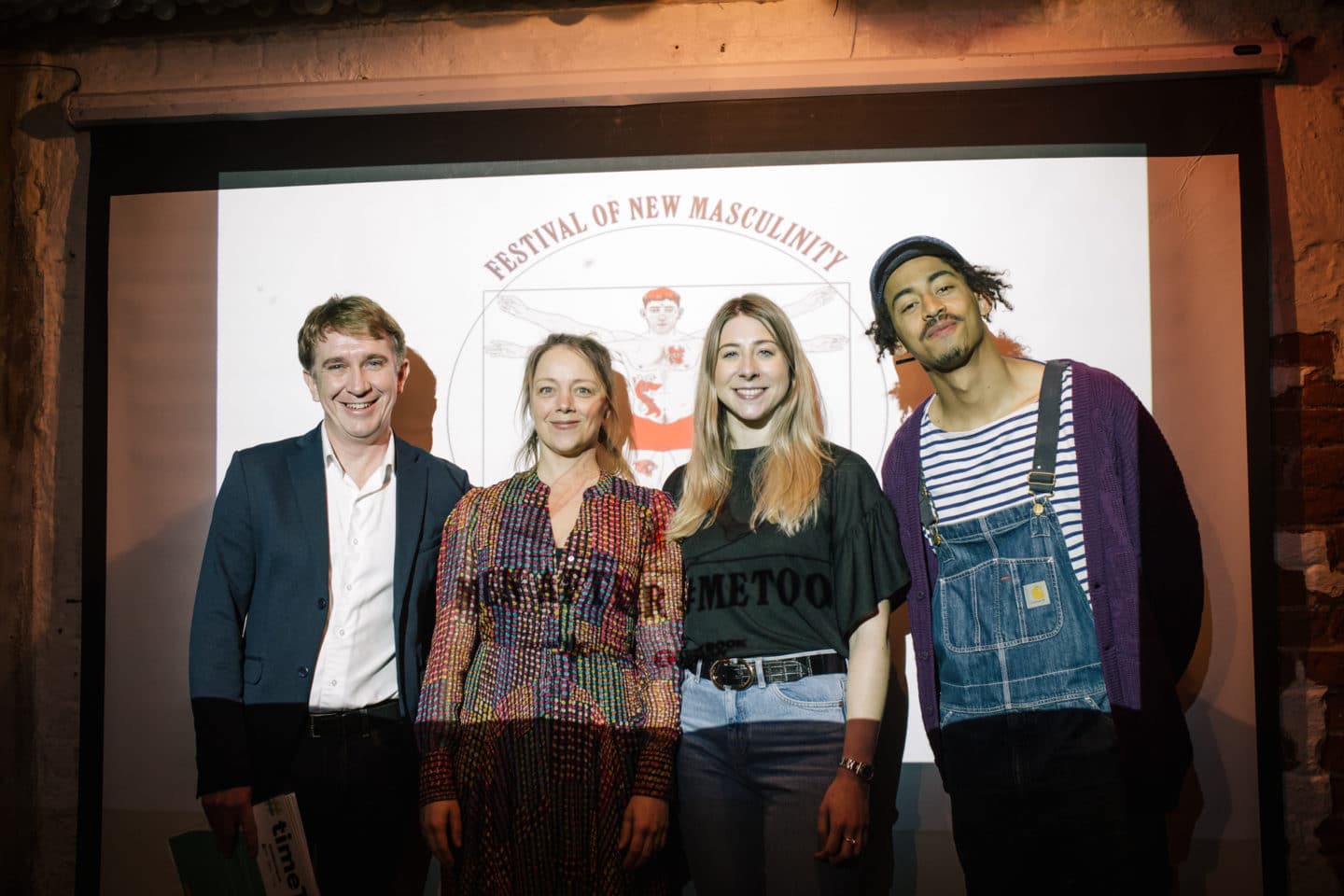
Steph: “How do you start to unlearn some of these behaviours? I think if you’re a man worried about your behaviour or trying to create new ones, it’s just about talking to the people in your life, whether male or female, who you are concerned you’ve crossed a boundary with. And having open and honest conversations with people you trust. I think it’s keeping it simple and going back to basics.”

Thanks to our incredible panel and everyone who came to the event, you all made it a very special evening.
Thanks to the Superculture team and everyone at The Book Club.
And thanks to Freedom Brewery for laying on some excellent ethical beers.
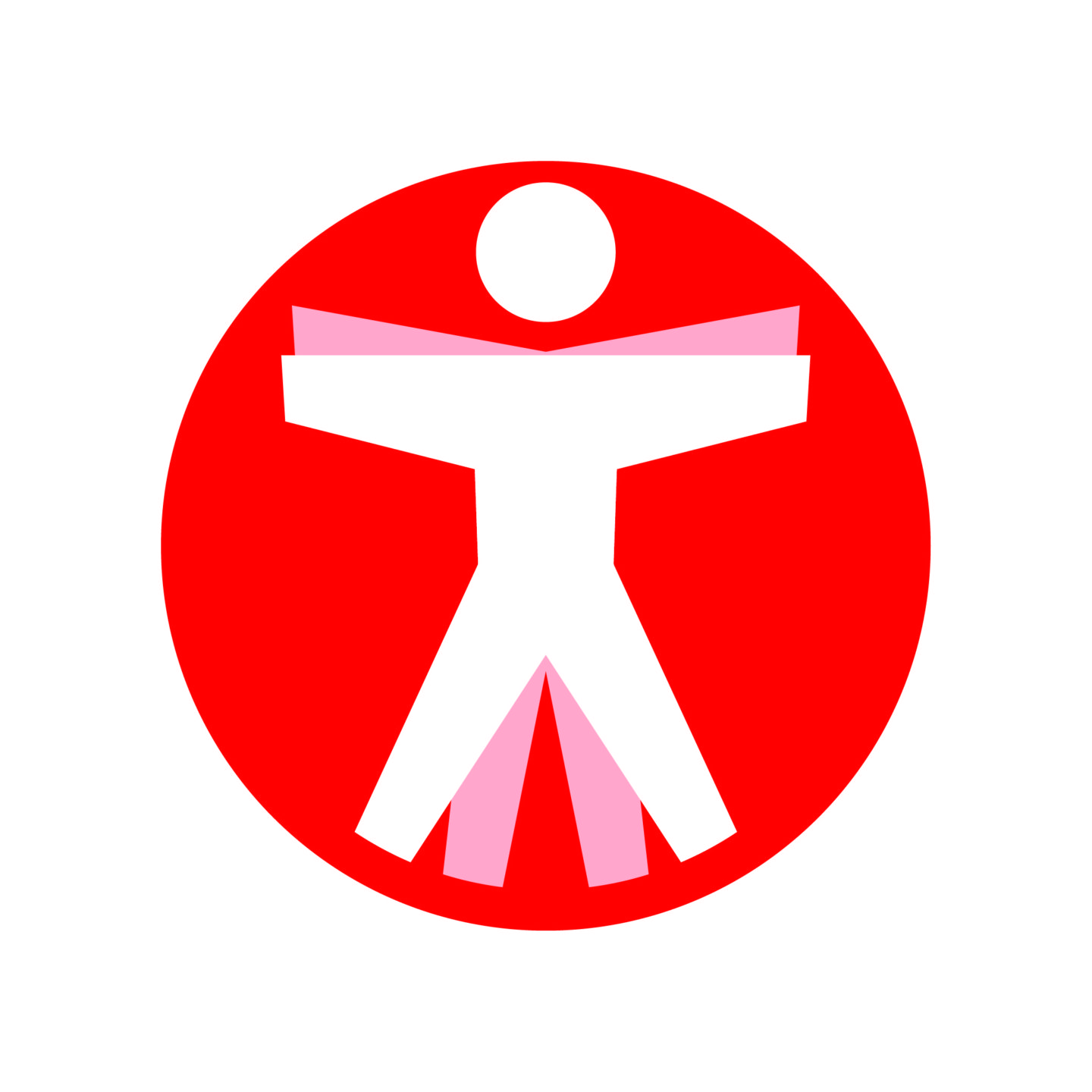
Join The Book of Man
Sign up to our daily newsletters for the latest on the Festival of New Masculinity and the best of The Book of Man.
Trending

Join The Book of Man
Sign up to our daily newsletters to join the frontline of the revolution in masculinity.




